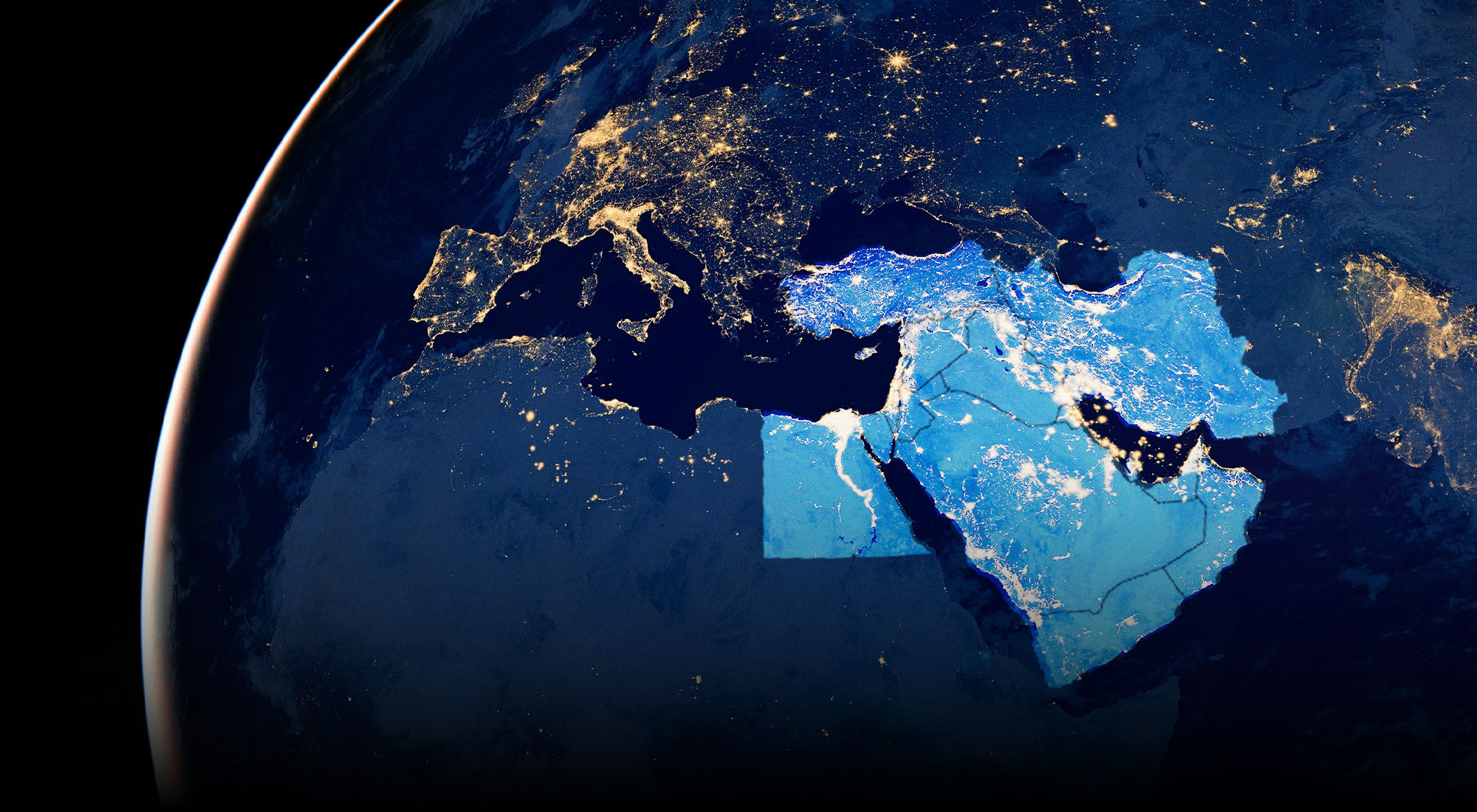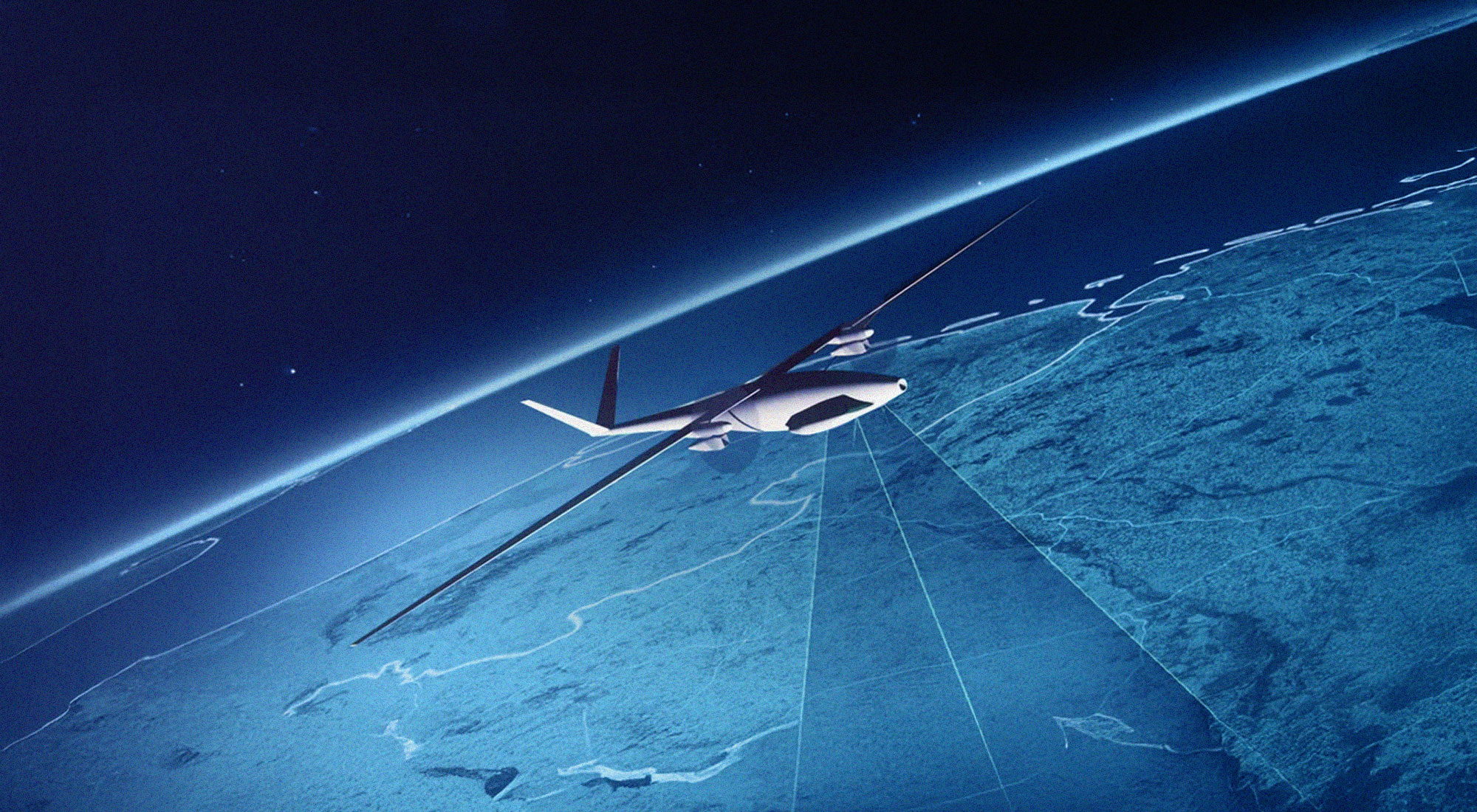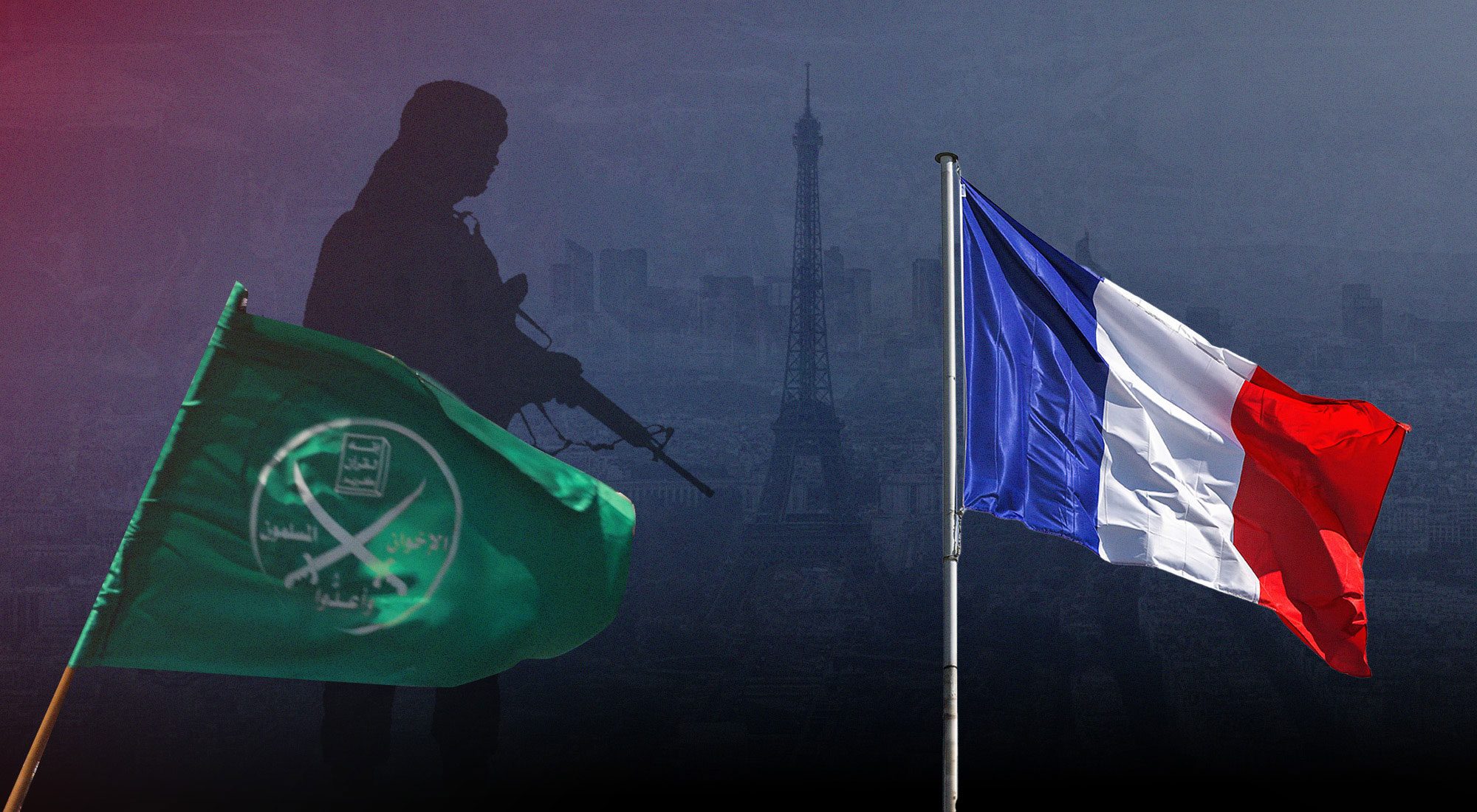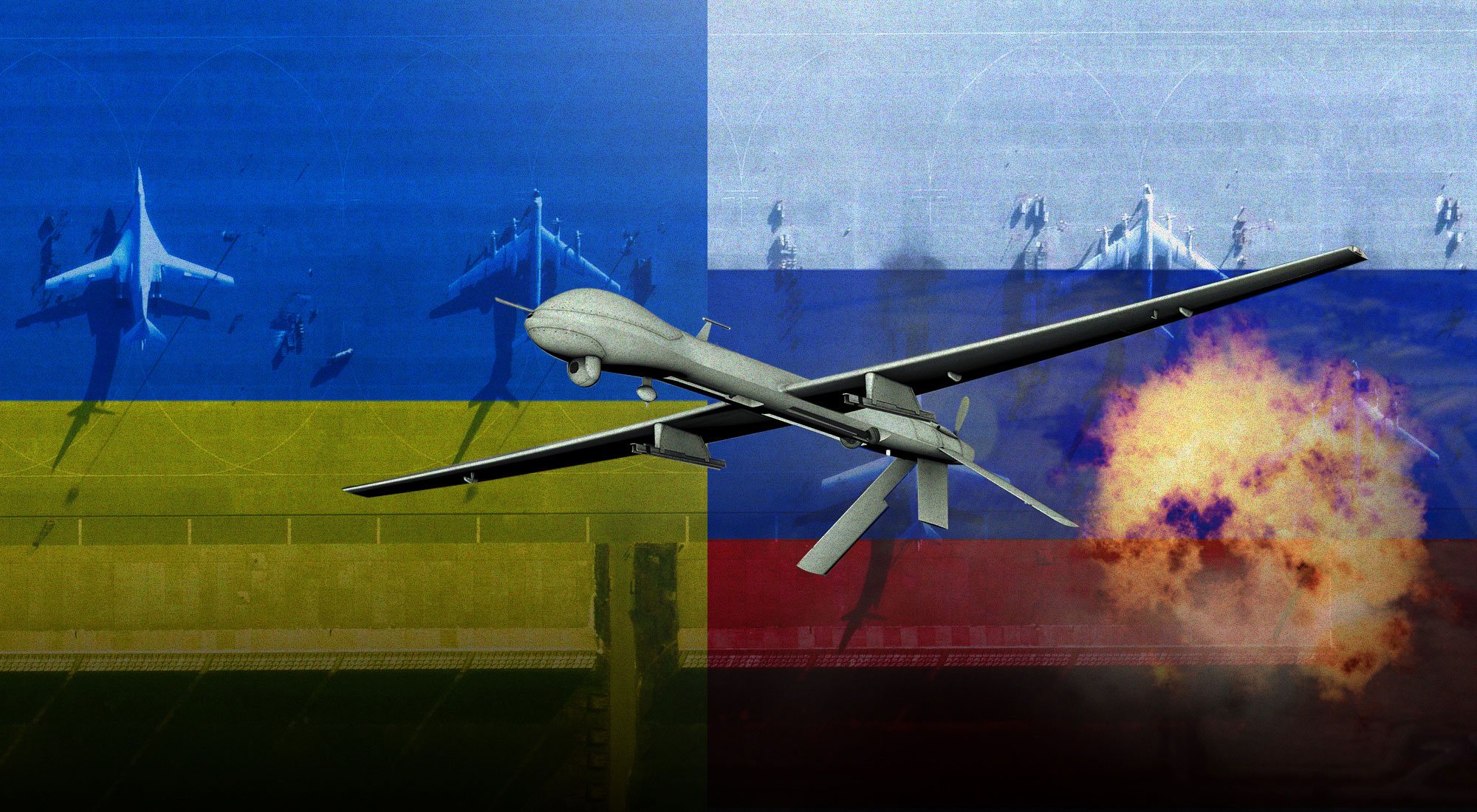The presence of Muslims in Europe and the social and cultural phenomenon of migration and multiculturalism in the Mediterranean should be discussed altogether. Germany and France are the two European countries that host a larger number of Muslim people: either old date and new migrants, or people born and bred in Europe.
The increasing presence of Islam in Europe is too often dealt with as an inherent “problem”, as though there were no context responding to this and creating this. For instance, with regards to the January 2015 Paris attacks against the French editors of Charlie Hebdo, the European nationality of the Muslim murderers has been silenced on one hand, not to point to France and its social management of religion and foreign policy. On the other, their “Europeanness” should not certainly justify and explain holistically their criminal acts.
The Muslim identity for Europeans has therefore come to mean episodes like the Paris attacks, the death of the Dutch filmmaker Theo Van Gogh by an Islamic extremist, and so forth. Thus, speaking of Muslims in Europe too often means speaking of violent extremism and the civilized “first world” ways to face it.
Algerian scholar Mohammed Arkoun was arguing that the imaginary of the individual, a social group, or a nation, is the collection of images carried by that culture about itself and other cultures. Therefore, it is necessary to consider both sides of the same picture, and that, actually, are no longer different sides. This strengthens the idea that “being Muslim” in Europe cannot mean to belong to a monolithic culture, but rather it means encompassing a great variety of cultural heritages and behavioral ethics. However, social frictions and mutual stereotyping and discrimination, rather than mutual penetration, contribute to solidify the Muslim/non-Muslim binary.
Being Muslim in Europe means to talk of inclusions and exclusions in the social space. And the sense of social and cultural alienation, discrimination and deprivation make people vulnerable – and feel vulnerable – in many cases.
Yet, several critics have also argued that there is no equal society hosting integrated cultures, and cultures themselves do not remain intact and separate from each other in any social setting. Thus, social integration and assimilation are often mentioned as ad hoc solutions. Specifically, integration is debated in relation to citizenship and immigration laws, social services – such as education and health – securitization of societies, and treatment of religious institutions.
The West, generally speaking, prefers taking care of migrants and Muslims as long as they remain in their countries, and not within their own state boundaries. Such an approach is misleading, as the knowledge of the “other” and the promotion of policies of social care in people’s countries of origin cannot be the same as in Europe. Likewise, religiosity is not thought as an adaptive feature of humanity. This means that we need to discuss the Muslim identity in different ways with respect to the socio-cultural context and its economic features.
Sociologist Jocelyne Cesari brilliantly argued that the big misunderstanding took place in the West when people saw Muslims building mosques, and saw them as colonizing the space. It was indeed the opposite. It was an acknowledgement that Muslims feel they are home. They did not mean to colonize, but to settle down, to become part of the societal landscape.
What went missed in the contemporary era are mutual encounters leading people to deeper critical thinking.
However, it is possible to identify a certain degree of cohesiveness in the Muslim population of Europe. For example, Shadi, a Syrian guy who has recently relocated to Europe, highlights in what ways the “Muslim Self” can be drawn in the European scenario: “I think that we are different as Muslims, in Europe and elsewhere. We are different not only from each other but also with respect to non-Muslims. In every European country ‘being Muslim’ will mean something different: the more numerous we Muslims are in a given country, the easier life becomes for us; because in those cases we feel less strangers and more accepted, not treated on the basis of what family religion we have been born in”. Shadi speaks of being Muslim as feeling victims of several clichés, or as dealing with stereotypes and successfully changing them through the encounter with the people met. “Some integrated quickly and kept all their religious habits, others left their habits but can’t integrate…”. Shady suggests that find at any cost a coherent pattern of encountering would therefore not adhere to what happens on the ground.
Islamophobia constitutes a negative example of how Muslims in Europe are usually seen and dealt with. Islamophobic attitudes are pervading the mass media as well as European political life nowadays. In this regard, Italian anthropologist of Islam Doctor Gabriele Marranci argued that Europe feels the need to draw separation lines between the Judeo-Christian tradition and the Islamic religion and culture. Such fear is dictated by the fact that Islam, in a real multicultural environment, may transform Europe itself. So to speak, Europe seems to ask its Muslim inhabitants to remain Muslims in Europe, but not Muslims of Europe. At the root of this hopeful and tacit request, lies the representation of the Islamic culture as barbaric, violent and therefore alien from western society, which, in turn, is nurtured by its own imagined meanings of the alleged “Other”.
Muslims themselves feel they are being “otherized”, rendered strangers by Europeans. For example, Ahmed, who resettled in Sweden, says to be observed while asking for food at some restaurants, as people are interested in what he orders, as though they had to check if he doesn’t order any food containing pork. “Therefore being Muslim sometimes is just what the others want to see in us”, Ahmed said. He explains how some Iraqis and Lebanese who migrated to Europe due to the political crises and conflicts outraging in their home countries became very strict religiously speaking in their migration experience.
For instance, some of them call other Muslims kuffar because they mingle with the Swedish people. Therefore, Ahmed describes how sometimes the problem of Muslims in Europe is the presence and the opinions of other Muslims, and not necessarily the Europeans, as commonly thought.
“Muslimness” also becomes a way of preserving one’s own identity in a simply unknown, hybrid, suspicious, or even hostile context. Ahmed notices how people seem to fear his presence more after events like the Paris attacks, “as the reputation of Islam is increasingly filthy in this era, due to the acts of violence committed in the name of Islam and Allah”.
The similarity of these two civilizations, which English scholar Martin Bernal identified in a “black Athena”, pointing to the African influence on the Greek culture, raises public fear in European societies to a greater extent and, consequently, a major resistance effort against the Muslim presence.
The social resistance takes place against the transcultural process, that is cultural exchanges and contacts with the “Other” on a regular basis.
What Muslims mean to Europeans is thus the social fear that a real multicultural society one day may come for real, and in which Islam would become a meaningful constitutive part of Europe itself, and not relegated to exclusion, violence, the “problem” of immigration and security, or, simply, the Other.








